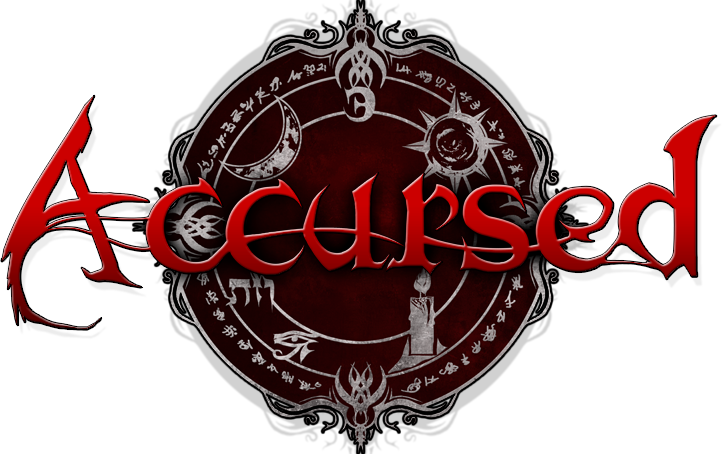Devout followers of the Enochian path hold three virtues to be the ultimate core of human experience. These three are Gratitude, Generosity, and Diligence. Followers are expected to appreciate the world around them and show their thanks in their daily life. They are expected to avoid waste and to share the blessings that the Creator provided with those around them. Finally, they are expected to use the gifts that they have received to work in a steadfast manner so that they can improve the world.
Enochians feel that the three virtues are the ultimate expressions of the Creator's providence. Those who effectively embrace them are individuals who can dwell within the Creator's embrace in the afterlife. Conversely, those who ignore these virtues are damned to spend their afterlife in a state of perpetual torment, as they try to make restitution for their actions during their lives. So while there is certainly a reward offered to the faithful, there is a significant threat that overhangs those who believe.
Of course, in practice, few are as diligent in following these beliefs as the high ideals might suggest. Similarly, there are a variety of different interpretations to the faith, not only within Morden's different nations, but even varying by region as well. This is largely because the bishops that oversee the different areas of Morden tend to focus the faith differently for the priests and monks who preach under their direction. Notably, the Conclave of Enochian Bishops has accepted and even embraced this variation. Rather than creating an air of hostility, differences in focus are often shared and discussed. After Conclave meetings, many bishops often return to their Bishoprics, and revise the educational style of their focus. This is partly because none of the bishops hold authority over one another. Instead, all members of the Conclave are considered peers, regardless of experience or the particular elements of their Bishoprics.
Prior to the Bane War, Enochians often praised the virtue of Gratitude over all others. This was because their land was fruitful, and there were few who lived in a state of perpetual need. While there were invariably members of the population in need of help, the region's vast bounty more than provided. Generous donations made to the churches were more than adequate to make certain that few ever truly suffered.
Since the nations fell to the Grand Coven, the world has changed and the faith has splintered. In many places, the bishops have changed their focus, demanding that the faithful be diligent at all times. For they recognize that the only possible hope for survival is a seemingly endless amount of hard work. Others believe that even the meager portions available to most must continue to be shared among the needy. For this reason, they preach a message that focuses entirely upon Generosity.
Notably, there remain elements who continue to preach against the Witches and their banes. When their activities are confirmed, the banes invariably burn the churches to the ground and inflict public reprisals upon the church leaders responsible. In spite of this, the resistance and its affiliation with the Enochian faith continues to grow. Many constantly remind their followers that the Witches epitomize examples of those who ignore the sacred virtues. Because of this, they know that all who have suffered a Witch's touch must be damned to an afterlife of penance to the Creator.

How do you pronounce "Enochian"?
ReplyDeleteI pronounce it a - nOk' - E - in. (And I had to review how pronunciation short-cuts to be sure I was writing that properly.)
ReplyDeleteI have seen some of the tenants of the church and how they deal with differing ideals in it. but I was wondering if there is any HISTORY to it?
ReplyDeleteWhere did the principles come from? Are there prophets or does the word come straight via angels? Are there even angels in the world of Morden?
What is the holy symbol for the faith? Does it have power? There are priests that use magic, but is that condoned by the church? Are there other faiths vying for power with the church? Are there people set against the church for what they are allowing?
I have more questions but they can wait for later.